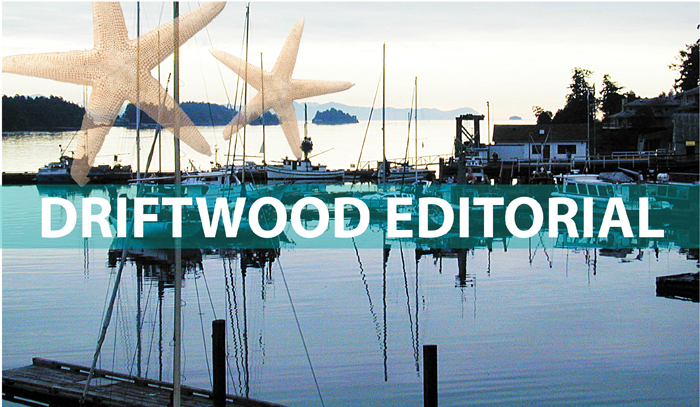We regularly refer to the Islands Trust as the area’s “land use authority,” which — while correct — fails to convey something important: that authority is built upon a foundational reliance on other agencies to complete its work.
The Islands Trust Act mandates the Trust “preserve and protect . . . in cooperation with municipalities, regional districts, improvement districts, First Nations, other persons and organizations and the government of British Columbia.” That “cooperation” means they will help the Trust achieve its purpose and the Trust will help implement their policies.
When the Islands Trust’s object/mandate was deliberately re-examined in 1985, the process was launched over an explicit concern: the “divergence of perceptions” among trustees and the public on how to interpret it was so debilitating to the Trust’s operation that the body was not effectively holding up its end of the bargain. Without an agreement on what the object meant, for example, the Trust was not able to achieve the provincial policy of “sound management of the islands.” So in that spirit, the 1985 review and re-interpretation of the mandate was exhaustive, and included not just trustees and Islands Trust staff, but elected provincial and regional officials (and their staff) with responsibilities within the Trust Area.
And had the current Trust Council chosen to merely discuss the Trust’s object out of the public eye at a September 2023 meeting, and without such external agencies represented, it would have been perhaps just an unfortunate footnote. But instead, trustees announced a conclusion. Indeed, consideration of how to interpret the Trust’s mandate was explicitly called “completed” and multiple versions of that interpretation were guardedly alluded to in meetings, teased on social media, and — finally — published officially. That occurred, we now hear, without the agreement of everyone in the room.
Even the staunchest originalist should concede that interpretations of foundational documents might shift over several decades. But despite whatever reasonable justifications there may have been to hold that September 2023 mandate meeting without the public present, doing so has caused a predictable quagmire — one we would hope the leadership of a 50-year-old organization might’ve seen coming. Instead, that quagmire just keeps expanding as the current regime wades into it deeper.

